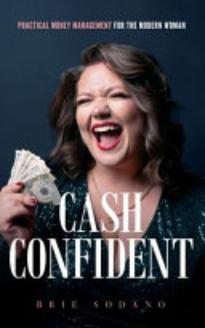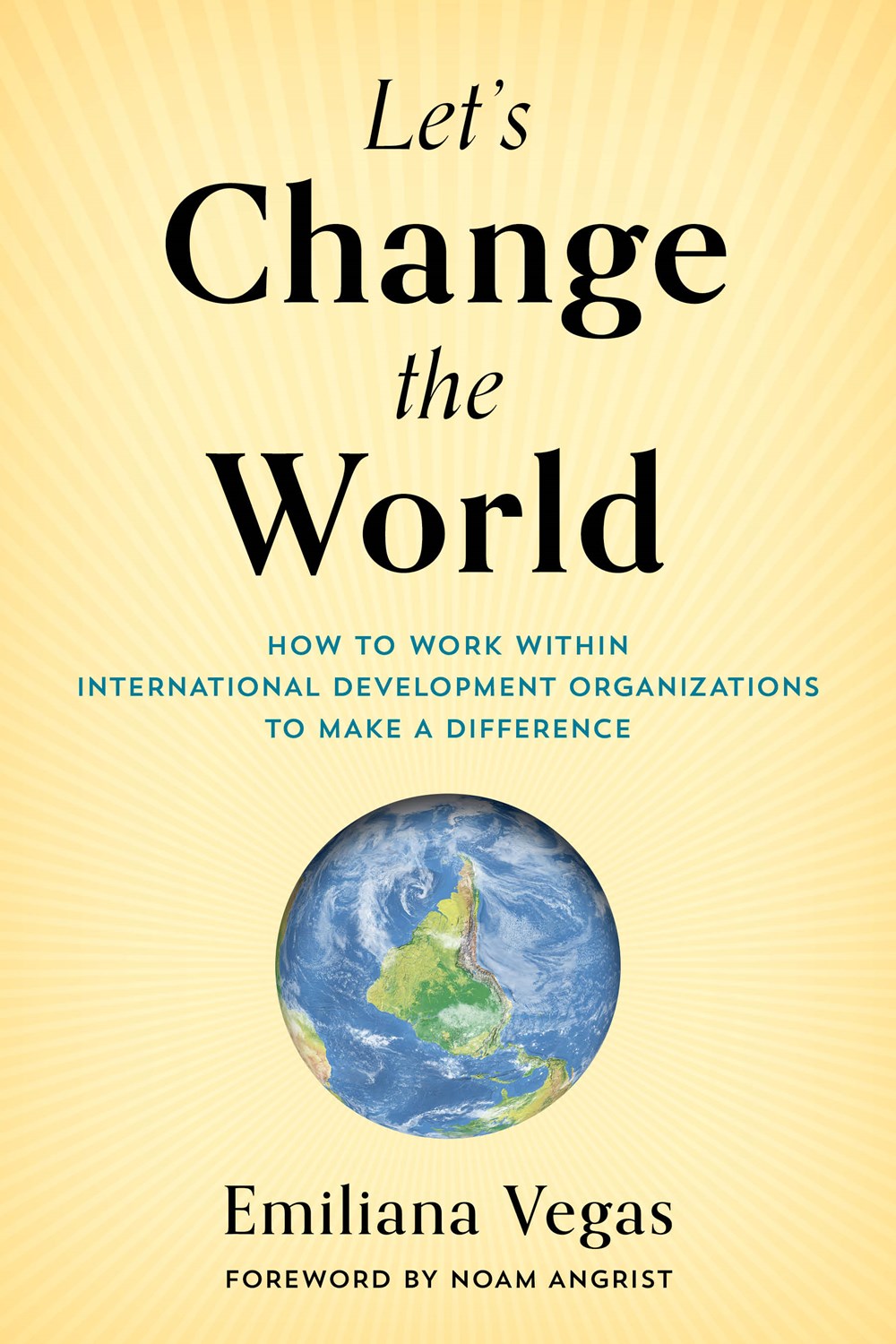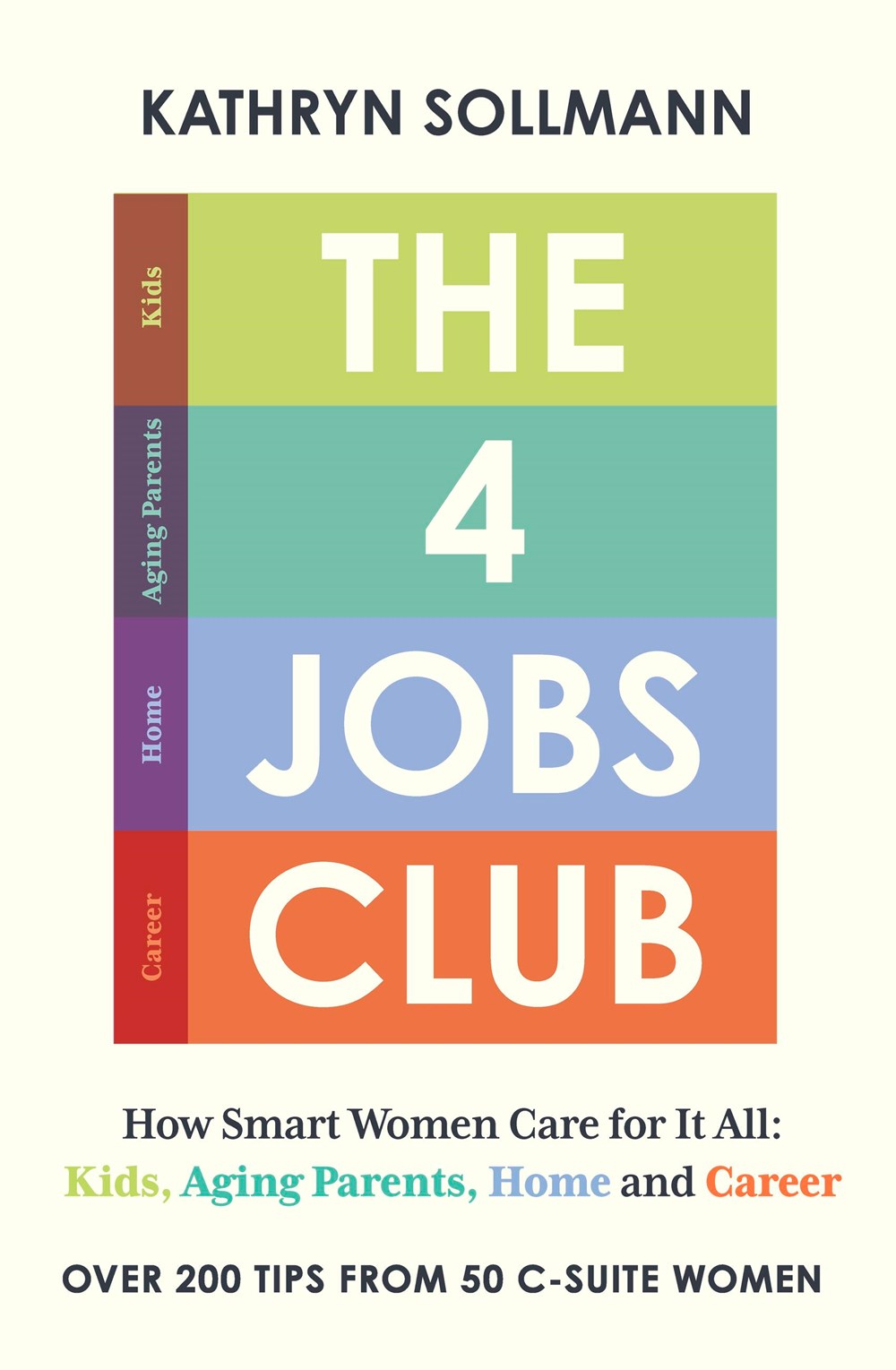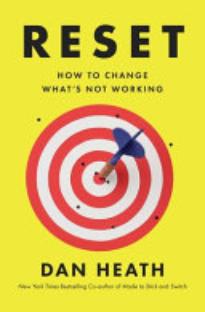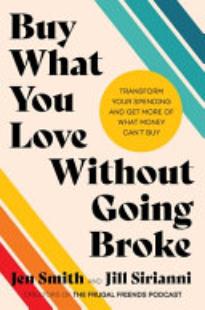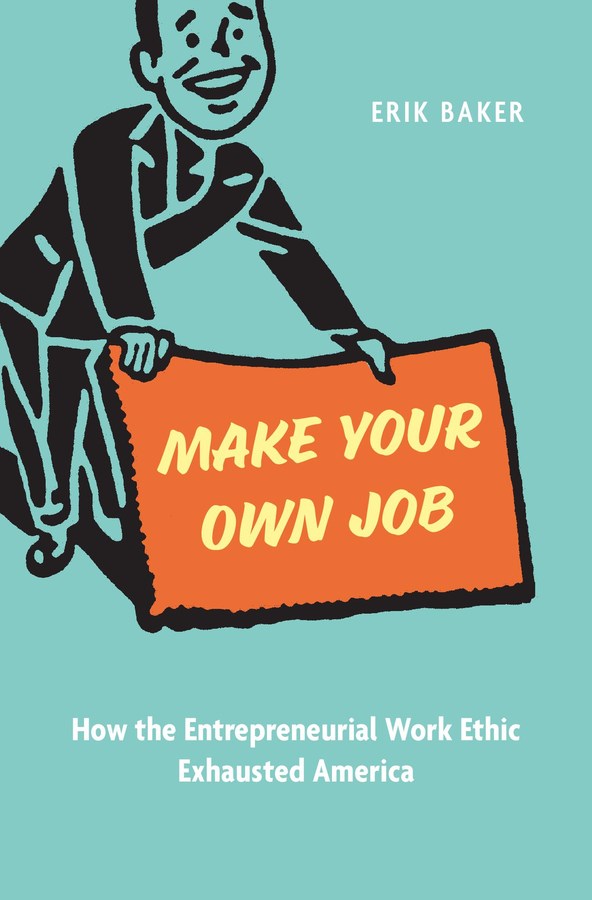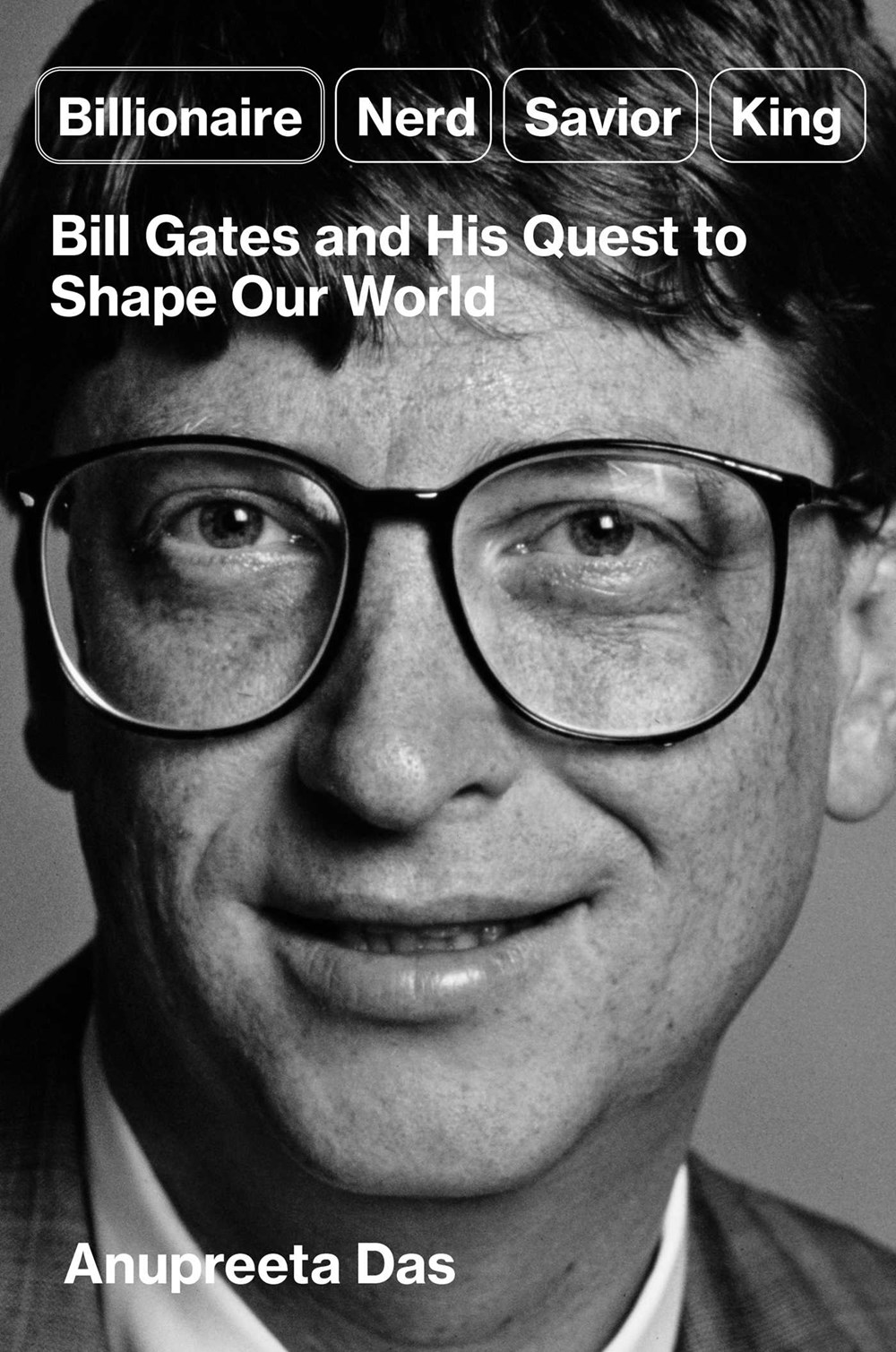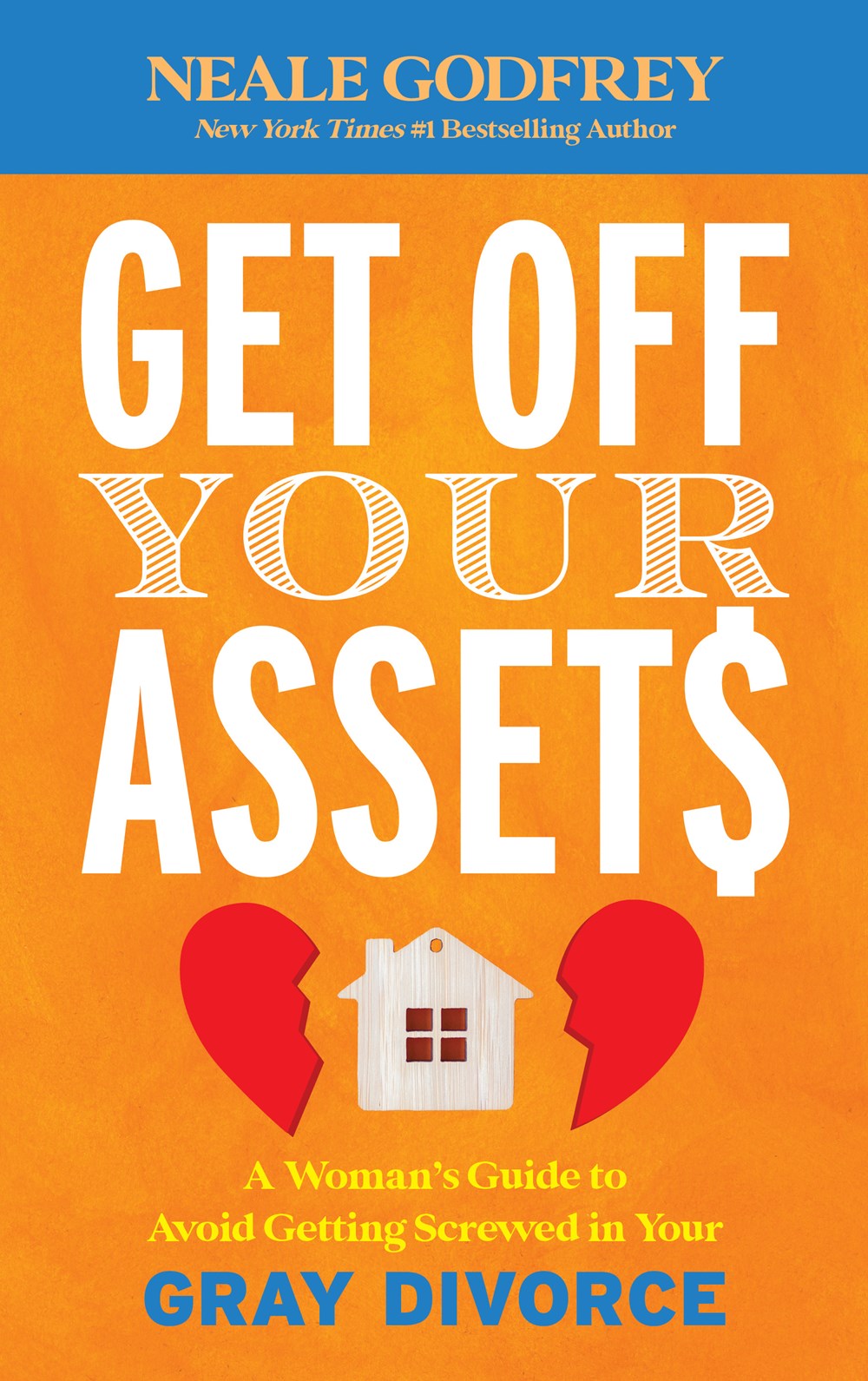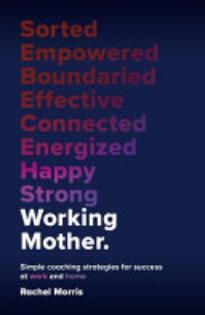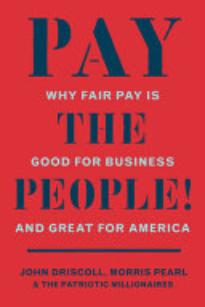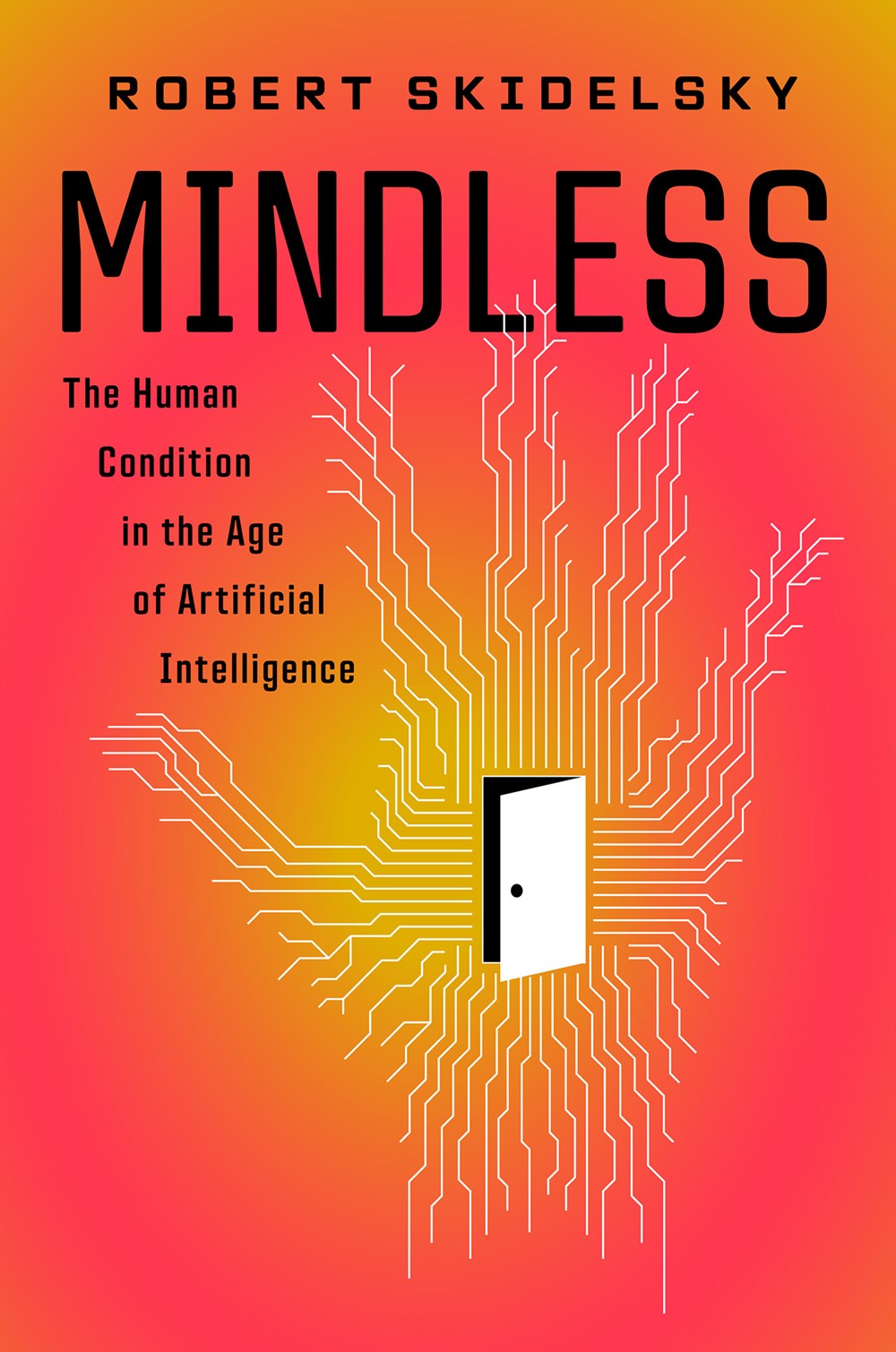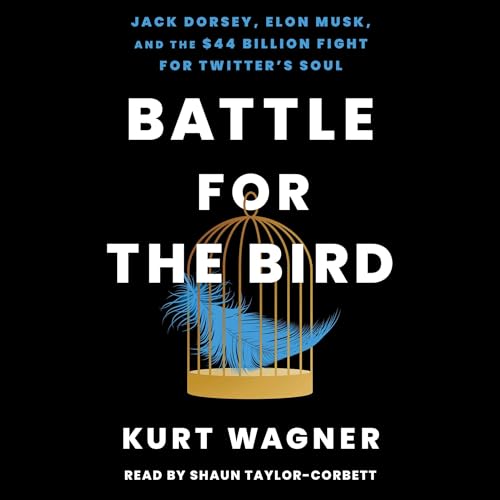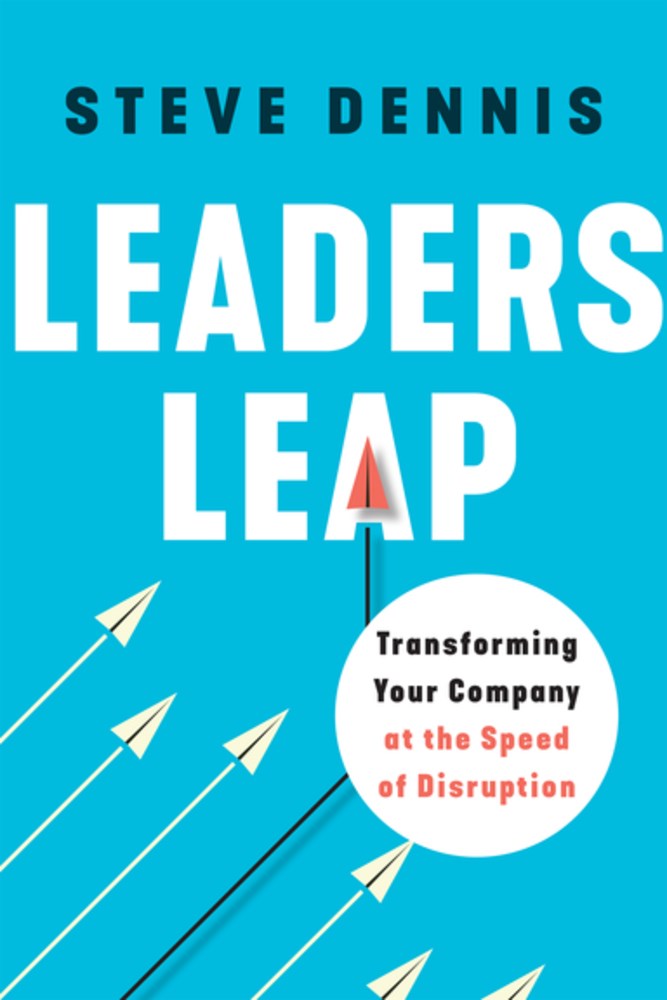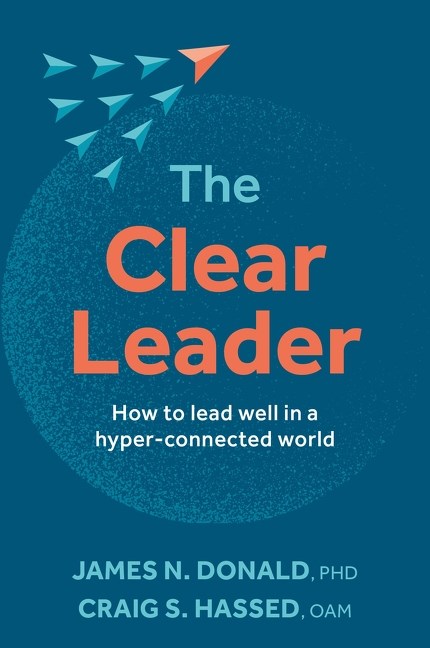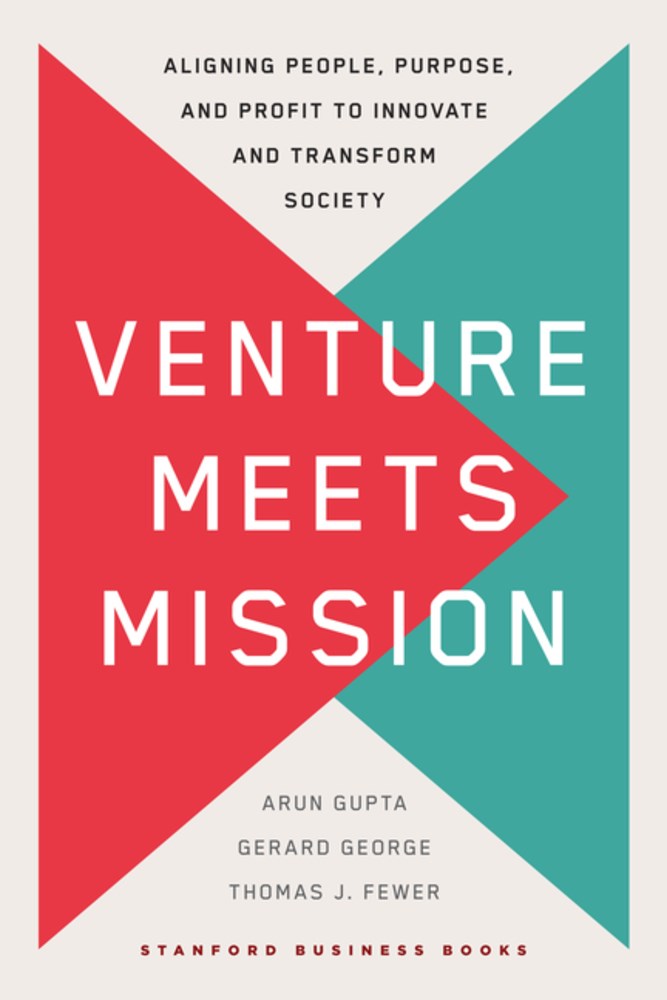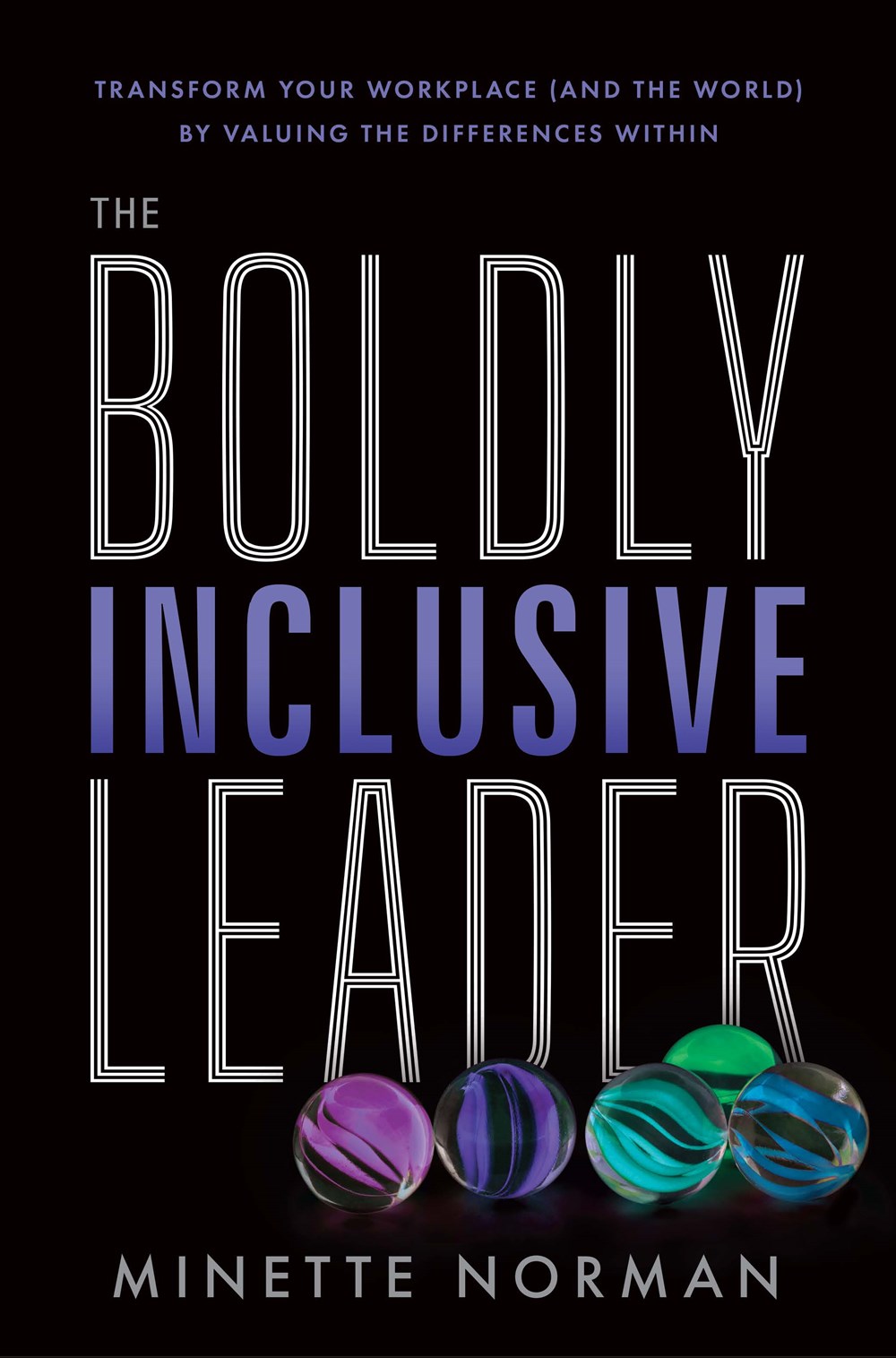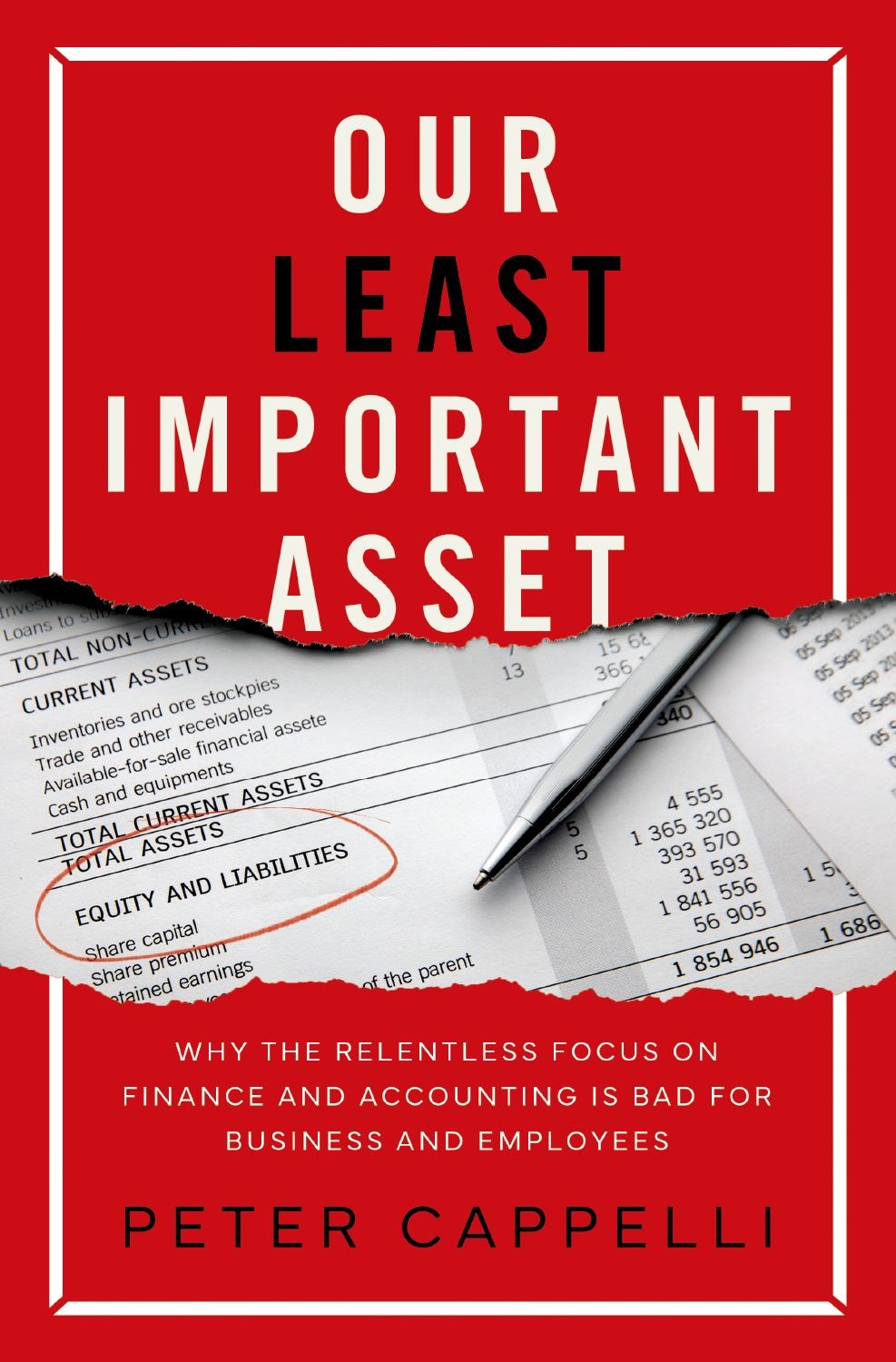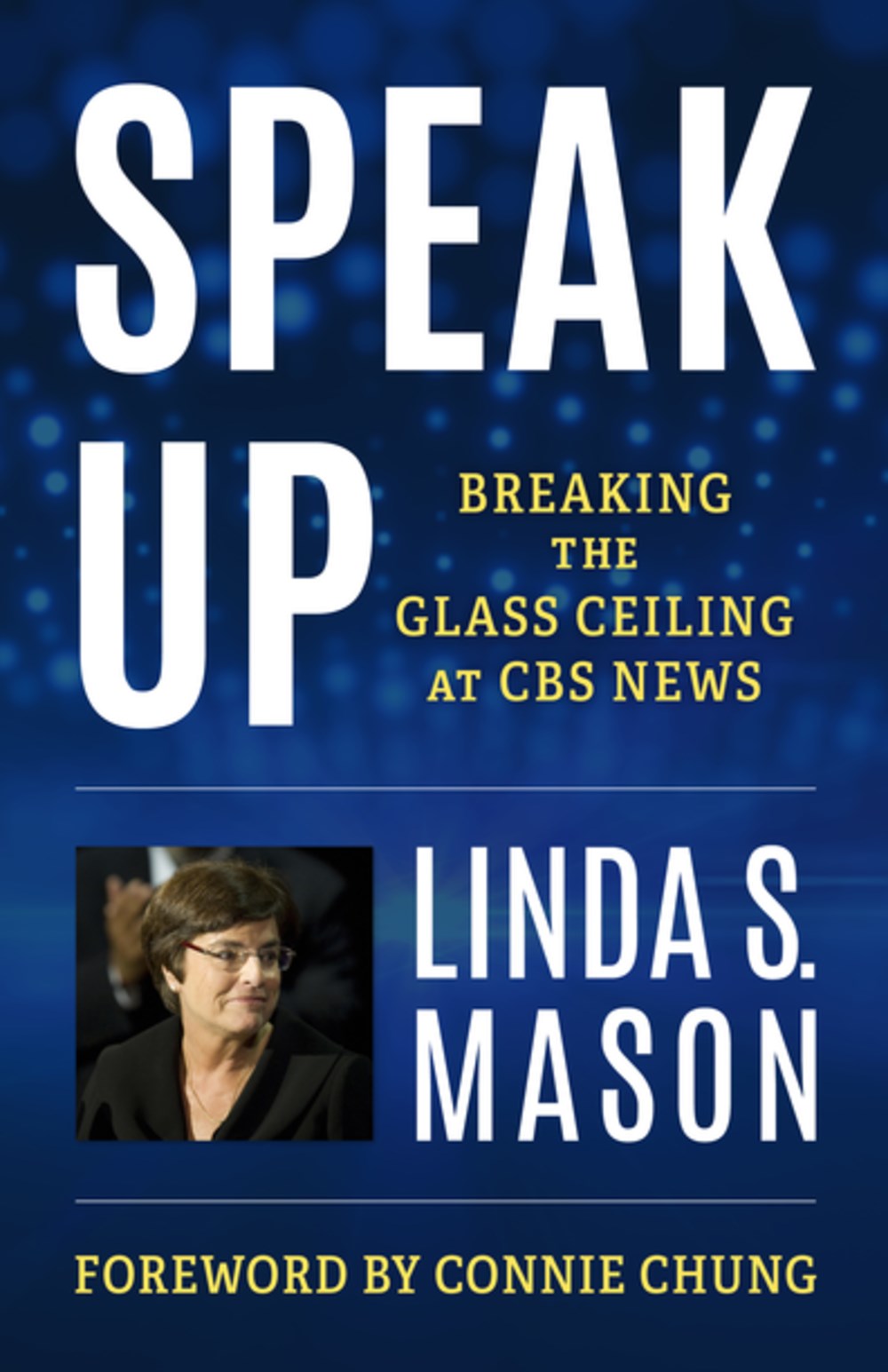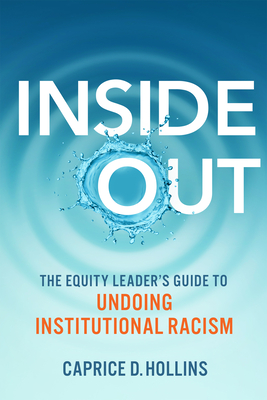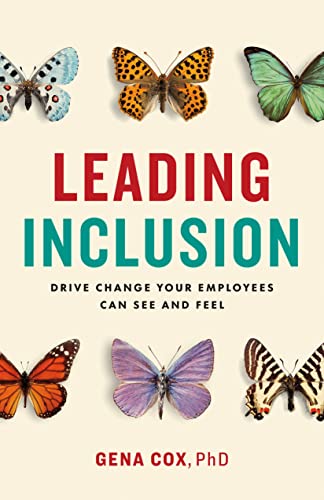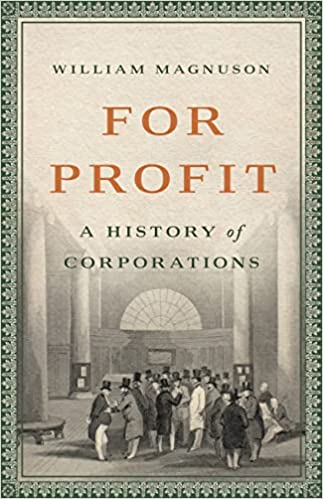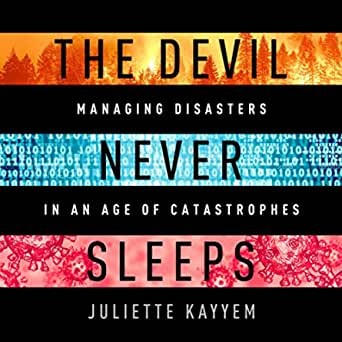Related
Funny, hopeful, and helpful. With a perfect mix of real stories, hard-won knowledge from the world of finance, quick tidbits of practical advice, and larger psychological insights, this book humanizes finances without pandering so that people will discover their potential to assert control over and confidence about their cash.
This well-structured book with real life examples serves as a handy guide for readers wanting to work in top international development organizations to make a difference.
Readers aspiring to obtain C-suite positions will find plenty of helpful advice, though others will discover that many of the suggestions cannot be practically implemented in their lives.
Heath’s clear writing will appeal to business readers, but there’s enough research to give the book some academic heft as well. Its focus on making business changes that can have a lasting impact on employees separates the book from other titles about organizational change.
An excellent library purchase that’s holistic and empowering. Readers are sure to cherish this title’s authenticity, action steps, and key takeaways.
Baker’s book demonstrates how the entrepreneurial spirit evolved in the U.S. to create today’s gig economy. It will appeal to both entrepreneurial readers and students of the history of entrepreneurship.
PREMIUM
Mother / Founder: 68 Women on the Trials and Triumphs of Starting a Business and Raising a Family
Readers will find these stories from women of various backgrounds, in all sorts of enterprises, to be relatable. The book’s design is also attractive and great for perusing.
A must-have resource for expecting or new working moms. This title is heavy on information about nearly every possible scenario faced by mothers transitioning in and out of the workplace after a pregnancy.
This impressive, must-read title shines a light on and adds critical insight to an important and pressing issue. It is a rebuke, a manifesto, and an evidence-based argument all rolled into one. For business owners and workers alike.
Overall, a thought-provoking examination of consumer views toward sustainability. Readers of popular business titles will likely find the material accessible and engaging.
This thought-provoking book makes readers think about how much they’re willing to rely on machines in the future.
This title is far more than a typical job-search book. It’s a detailed and solid choice for readers wishing to make the most of their next job move.
Wagner’s access to insider sources and ability to organize and present the information in a compelling manner, combined with Taylor-Corbett’s solid narration, will generate interest.
This study of the aesthetics and practices of small stores will appeal to owners of brick-and-mortar small businesses and to readers who love shopping at independently owned stores, whose allure often cannot be replicated online or in massive retail spaces.
An offering of nonpareil implications for any business or organization. This title expands Chip and Dan Heath’s Switch. It also serves as a contemporary update to Clayton Christensen’s classic The Innovator’s Dilemma. Highly recommended for all university libraries supporting business curricula.
Practical and evidence-based, this lofty effort will support any leader through today’s data dump. More valuable as a handy self-assessment or as a gap filler in leadership collections.
This work nicely addresses the chaos that afflicts government and business and emphasizes the troubling increased support of today’s demagogues. It’s a reminder that the time to turn from this dangerous path is quickly running out. Essential for libraries supporting political science and business curricula.
This highly recommended book focuses on middle- and lower-income people who do not have millions in their retirement accounts and who are particularly concerned about the retirement possibilities that their children and grandchildren will have. It nicely updates Dora L. Costa’s The Evolution of Retirement and will appeal to fans of Jessica Bruder’s Nomadland.
PREMIUM
Venture Meets Mission: Aligning People, Purpose, and Profit to Innovate and Transform Society
For a specific business-minded audience that will find information on leveraging public/private alliances toward fulfilling an organization’s mission.
Readers interested in organizational dynamics or the overlap between business and creativity will find much to consider. Recommended for libraries with a strong interest in business literature.
Like Howard Schultz’s Onward or Joe Coulombe’s Becoming Trader Joe, this mix of history, memoir, and business guidance delivers insight on running successful chain restaurants by focusing on customers. Shaich’s account of creating fast-casual dining is the most intriguing.
Though the subject is widely covered in popular titles like Carol Dweck’s Mindset, Brené Brown’s I Thought It Was Just Me (But It Wasn’t), and Nick Trenton’s Stop Overthinking, Gervais’s ability to intertwine theory with actionable strategies make this a worthy addition to collections. Will appeal to a broad, general readership.
Not all ideas are new in this book, but its positive tone and clear writing will appeal to students, parents, and educators.
This book proposes complicated but feasible solutions to prevent the weakening of personal privacy and the undermining of competition. A good book for those interested in public policy about technology companies and their innovations and approaches.
A well-written and insightful exploration of strategies that will be useful for readers searching for sound career and life advice.
A good introduction for leaders who are trying to understand how to create inclusive spaces in their workplace. This will also appeal to professionals who are looking for guides on how to lead with empathy and compassion.
A book that both critiques the business models of specific billionaires and calls for a regenerative economy. Best for readers wary of the metaverse.
A thought-provoking and important study for managers or faculty and students in business and management programs.
Recommended for business collections and to those considering entrepreneurship or applying Hsieh’s business philosophy.
PREMIUM
The Modern Maverick: Why Writing Your Own Rules Is Better for You, Your Business and the World
Recommended for readers who are looking to make quality-of-life adjustments in their professional and personal lives.
This book ranks as a powerful reminder of the resilience it takes for women to rise professionally in spaces traditionally reserved for men.
A convincing argument that a company’s success requires leaders to have specific industry expertise.
This is still a reliably sensible publication to include in any business library. Recommended for readers needing quick access to concentrated industry information.
In drawing the parallels between coaching and leadership, this book provides valuable insight for succeeding in either pursuit. Will likely appeal to a broad readership, particularly those newly responsible for leading a team of any kind.
While Bruce Lee feels like a natural focus for a book on start-ups in the United States, sometimes the focus on what Lee’s philosophy offers to aspiring entrepreneurs gets lost, and this title becomes more of a biography than a business book.
PREMIUM
Hangry: A Startup Journey
Evans exposes the trials and tribulations of starting a business as an entrepreneur with a heart, impressive writing chops, and a talent for narration. This title will be attractive to patrons who might not think business books are their thing. Recommended for public library collections.
This urgent, articulate warning, reminiscent of Christopher Leonard’s The Meat Racket (with updated information), is highly recommended for all libraries. Fans of Michael Pollan may find it especially toothsome.
PREMIUM
The Power of Wonder: The Extraordinary Emotion That Will Change the Way You Live, Learn, and Lead
This awe-inspiring book is recommended for all academic multidisciplinary collections, especially those in business, philosophy, and psychology.
A solid basic introduction to empathy-centered leadership. Will likely appeal to first-time managers and those looking to move into leadership positions.
Tidbits about business topics, such as branding, entrepreneurship, the effective use of social media, and the important concept of pricing are all included, which is great, but these messages become somewhat lost in the book’s excessive profanity.
Dunlap’s honesty serves as a powerful source of motivation to do the work, not just to secure financial autonomy but to break out of stereotypes that limit women’s potential in all aspects of their lives.
Since many public library readers are embarking on new life adventures in this COVID era, this title is recommended as a first purchase for all business collections. Academic library collections that support certified financial planner preparation can also benefit with this title.
PREMIUM
Still Broke: Walmart’s Remarkable Transformation and the Limits of Socially Conscious Capitalism
Interesting and evenhanded. Will appeal to a broad readership.
Cohan’s thorough research and interviews with Jack Welch and others give readers a firsthand look at the rise and fall of an American institution.
A singular perspective on space technology, with unexpected comparisons to colonialism that will make readers think twice about the future of humanity on other planets.
Containing important strategies for leaders who are making long-term efforts to dismantle their own institutional racism, this is highly recommended.
Contrarian investors will likely enjoy this title. Others may prefer a more accessible presentation.
An outstanding source of information and advice for leaders who want to build inclusive work environments. It may also prove extremely beneficial for faculty and students of business administration schools. Highly recommended.
Readers interested in business and history will appreciate the depth of Magnuson’s research and the lessons it reveals about corporations, past and present.
This solid introduction to the ideation process moves past the recent fixation on improv, which has been the model since the publication of Yes, And. The book does indeed tackle the need for idea creation in business, but it doesn’t differentiate itself enough from other works on this topic.
PREMIUM
The Brain-Friendly Workplace
A compelling read for anyone interested in understanding how brain chemistry can improve job performance and workplace satisfaction.
An absorbing, instructive look at the victories and pitfalls of a life driven by the hustle. The page space that Fabré devotes to her youth might frustrate those hoping for even more dirt on the Wall Street life, but it’ll strike a chord with readers who recognize her aspirations and yearnings.
Business readers will enjoy learning more about how their favorite companies operate on a global scale. Recommended as a first purchase for all public and academic library collections.
Business readers will admire Lowe’s acumen and the bite-sized takeaways at the end of each chapter. Media consumers will appreciate Lowe’s insider history of game-changing film companies.
Kayyem’s timely and well-organized study is recommended for nonfiction collections, particularly those where interest in business, management, government, or the environment is high.
Inspirational, intriguing and practical, Finney’s toolkit is especially good for would-be entrepreneurs, entrepreneurs who have recently started a business, and business students. Highly recommended.
A timely look at management styles during the COVID pandemic, and a thought-provoking look at leadership. Recommended especially for practitioners and for students and faculty of business schools.
Part exposé, part mystery, Enrich’s account richly illuminates Deutsche Bank’s excesses and Trump’s business practices. Readers of Andrew Sorkin’s Too Big To Fail, which unveiled vulnerabilities in the financial industry, will find Enrich’s more focused account equally compelling.
Given the few historical treatments of black women is business, this book is long overdue. It will appeal to all interested in U.S. and African American history.
It is no reflection on Krefft's accomplishment that this may be more than most casual readers need to know about the man whose name lives on in 20th Century Fox. For those desiring less in-depth coverage, Merrill T. McCord's recent William Fox and the Fox Film Corporation may be a suitable alternative.
PREMIUM
Michael Curtiz: A Life in Film
With thorough knowledge of film history, telling anecdotes, and interviews, the author illuminates Curtiz's colorful career while also providing insightful portraits of actors, writers, and studio heads. Highly recommended.
articles
ALREADY A SUBSCRIBER? LOG IN
We are currently offering this content for free. Sign up now to activate your personal profile, where you can save articles for future viewing
